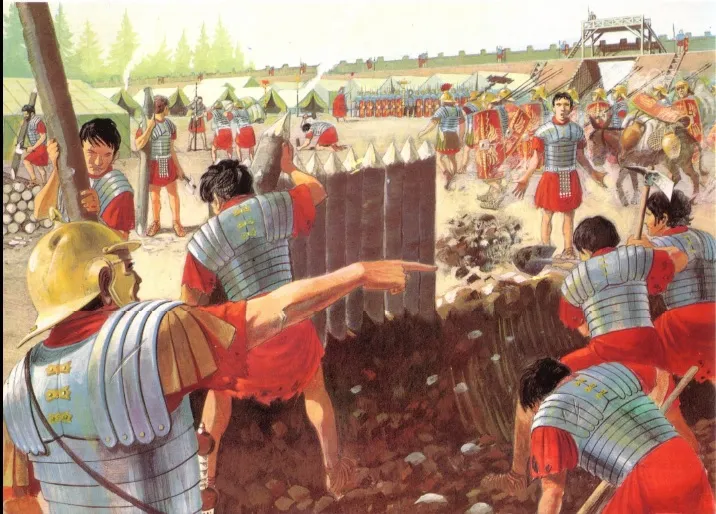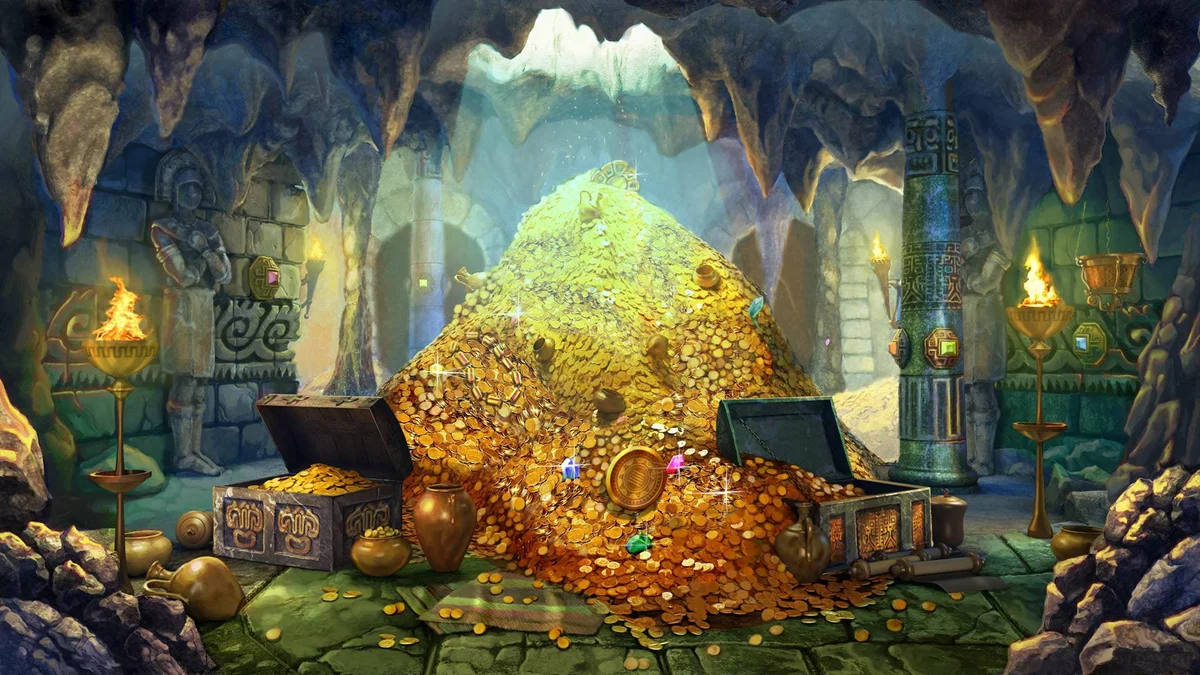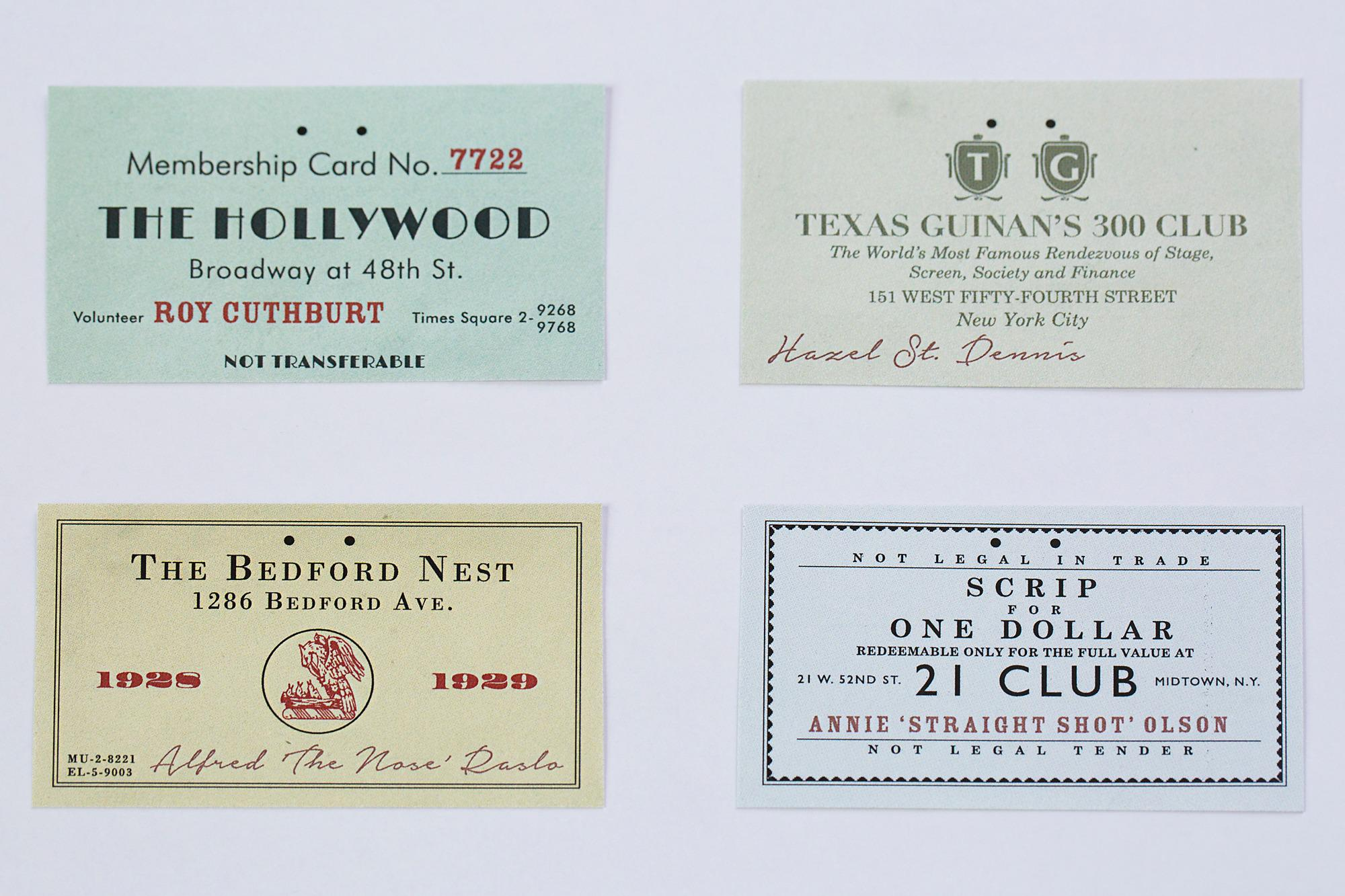Passwords - Origins
Passwords over time
Ancient times and wars
In Western history, the first recorded passwords were used by the military, beginning with the biblical Book of Judges (several centuries BC). In this book, the soldiers of Gilead use the word "shibboleth" to identify their enemies, the Ephraimites. The Ephraimites spoke a different dialect, so they said "sibboleth" instead.
The ancient Romans also used passwords a lot in the same way and called them "watchwords". Every night, Roman military guards passed around a wooden tablet on which the password was written. The soldiers passed the tablet around until each camp wrote its initials. This made it possible to detect enemies disguised as Romans.

Passwords in literature
In the 18th century, "Ali Baba and the Forty Thieves", invented by the French orientalist Antoine Galland, tells the story of the password "Open Sesame". Ali Baba, a poor merchant, hears thieves talking about their horde of gold behind the wall of a cave. To open the cave, you must say the words "Open Sesame". Ali Baba takes cover and steals as much loot as possible. Later in the story, Ali Baba's uncle gets wind of the gold and goes to the cave. Once inside, he quickly closes the rock wall behind him to ensure he has the gold all to himself. The uncle eagerly loads bags and bags full of gold. As he turns to leave, he realizes he forgot the password to open the door.
Unfortunately for the uncle, he has no way to reset the password and gets stuck inside waiting for the thieves to return. (The importance of password reset features! 😂)

The Prohibition Password
From 1920 to 1930 in the United States, this is the period known as Prohibition during which the sale of alcohol was prohibited in the country as well as the manufacture, transportation, sale, importation and l export of alcoholic beverages (SOURCE: WIKIPEDIA).
People could only legally obtain or consume alcohol for medical or religious reasons, so thousands of bars were forced to close their doors. But bar owners soon realized they could still sell alcohol behind closed doors. These bars, known as speakeasies, were open to men and women but the presentation of a card, code phrase or password allowing entry to the establishment was compulsory.
The code words were ridiculous, to say the least: coffin varnish, monkey rum, panther sweat, and tarantula juice, to name a few.

The first digital password
In 1960, MIT professor Fernando Corbato realized he also needed to use "passwords" when he built a large shared computer, the CTSS.
CTSS:
CTSS, which stands for Compatible Time-Sharing System, is one of the first time-sharing operating systems. It was developed by the MAC Project at MIT.
Source: WIKIPEDIA
Users would all need to access different files without having permission to access each other's terminal!
=> The solution: each user would have their own password.
EEEEEEAlthough Corbato, who died in 201S9, never accepted credit for the first computer password, he is nevertheless accredited to it.
Now and After
Today there are passwords for almost everything. Each person has around a hundred of them, which are often shared among family, friends and work colleagues (Netflix, for example). (Trying to remember all these details on a daily basis has led to a lot of password fatigue. And above all the use of simple and repetitive passwords.
Gone are the days when it was acceptable to store passwords on a sticky note or in a spreadsheet (EXCEL SHEET for English speakers). Today, password managers with autofill and essential security features like two-factor authentication (2FA) and biometrics can help you securely access your accounts, on all your devices, in seconds.
Last updated